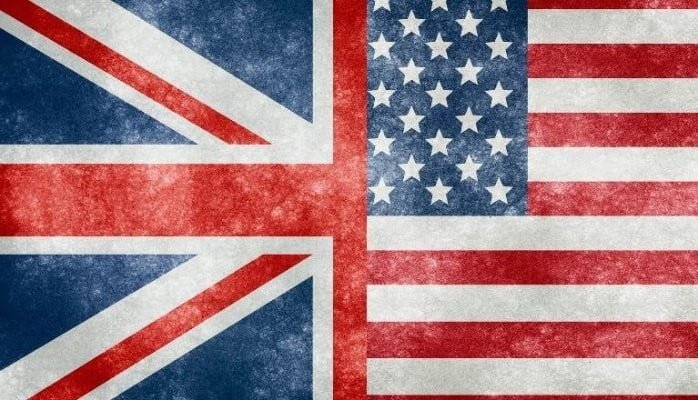Despite the intertwined histories of America and England, they have distinct differences. They use different currencies, drive on opposite sides of the road, and American presidents can’t quite match Queen Elizabeth’s flair for accessorizing.
However, one of the most intriguing differences lies in their language. Both nations speak English, so why do their accents differ?
To understand this, let’s delve into Linguistics 101. An accent refers to the way a language is pronounced differently. A dialect encompasses variations in vocabulary, grammar, and pronunciation. Key factors influencing dialect formation include isolation from the original language source and exposure to other languages.
The American English we use today with its distinctive accent originally came from England. A linguist at the Smithsonian says that just one generation after colonists arrived in America, Americans began pronouncing English words differently. Being far from England, they started to sound different from English speakers. They also heard and used words from Native Americans and settlers from countries like Sweden, Spain, France, and the Netherlands. These influences changed American vocabulary and grammar, creating a new kind of English. Interestingly, Americans sometimes use British slang without even realizing it.
One big reason American English and British English sound different is due to a linguistic change called rhotacism, which affects the pronunciation of the “r” sound. American English is rhotic, meaning “r” sounds are pronounced, while many British accents, known as Received Pronunciation, are non-rhotic, making words like “card” sound more like “cahd.”
Originally, both American and British English were rhotic. However, after the Revolutionary War, upper-class and upper-middle-class Brits started using non-rhotic speech to show off their social status. This became the standard British accent and influenced many popular phrases.
Americans mostly kept their rhotic accent. However, port cities on the East Coast, like Boston, had a lot of interaction with non-rhotic British speakers. This is why you might hear Bostonians say things like “pahk the cah” instead of “park the car.” Interestingly, this difference in accent also reflects in driving preferences: Americans often drive automatic cars, while Europeans prefer manual.







